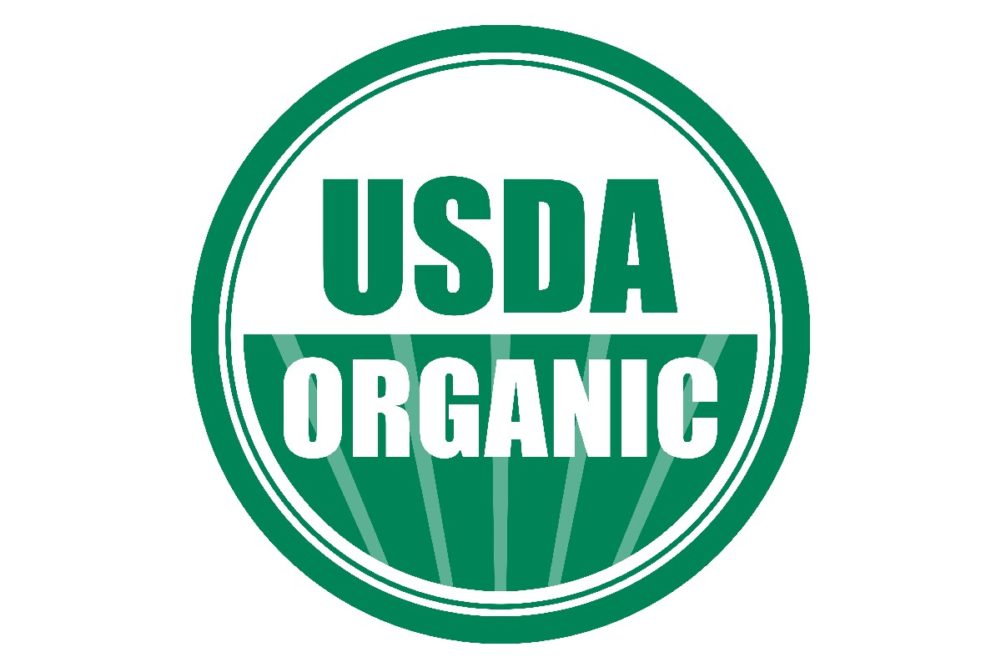WASHINGTON — The US Department of Agriculture has strengthened the National Organic Program (NOP) with the publication of updated rules in the Federal Register on Jan. 19. The intent of the rules is to reduce the incidences of suppliers selling conventional products as certified organic.
“Protecting and growing the organic sector and the trusted USDA organic seal is a key part of the USDA food systems transformation initiative,” said Jenny Lester Moffitt, undersecretary for marketing and regulatory within the USDA. “The Strengthening Organic Enforcement rule is the biggest update to the organic regulations since the original act in 1990, providing a significant increase in oversight and enforcement authority to reinforce the trust of consumers, farmers and those transitioning to organic production. This success is another demonstration that USDA fully stands behind the organic brand.”
Businesses that are a part of the organic food, ingredient and service supply chain will have until March 19, 2024, to comply.
Specifically, the rule will reduce the number of uncertified entities in the organic supply chain that operate without USDA oversight, including importers, certain brokers and traders of organic products. The rule will safeguard organic product integrity and improve traceability, according to the USDA.
Additionally, the new rules will require the use of NOP import certificates for all organic products entering the United States. The change expands the use of NOP import certificates to all organic products imported into the US, improving the oversight and traceability of imported organic products.
The rules also clarify NOP's authority to oversee certification activities, including the authority to act against an agent or office of a certifying agent. Additionally, certifying agents must notify the NOP upon opening a new office, which will allow the NOP to provide more effective and consistent oversight of certifying agents and their activities.
Other changes will require that nonretail containers used to ship or store organic products are labeled with organic identity and are traceable to audit trail documentation. This information will clearly identify organic products, reduce the mishandling of organic products and support traceability.
Certifying agents will be required to make several changes under the rules. For example, they will be required to conduct unannounced inspections of at least 5% of the operations they certify and they must issue standardized certificates of organic operation generated from the USDA’s Organic Integrity Database.
The Organic Trade Association in a statement called the rules a “major accomplishment” and said the regulation will have significant and far-reaching impacts on the organic sector and will do much to deter and detect organic fraud and protect organic integrity throughout the supply chain.

